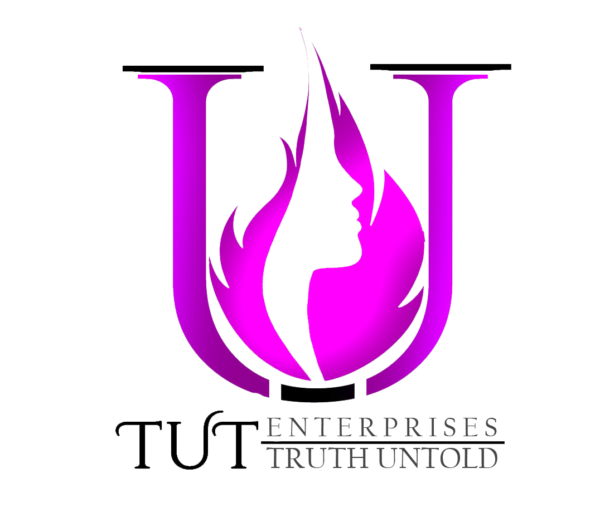Co-author: Stephanie Lee-McKenzie
 After watching Black Panther for the second time, I am left to wonder,
After watching Black Panther for the second time, I am left to wonder,
“Is Black History Month still only for one month?”
Rolling Stones online writer, Josh Eells published a piece on February 26th about the young, Black, director of Black Panther, and yes, married to his college love, Ryan Coogler, on how his search for cultural identity inspired his creativity in the film.
As an African American man, Coogler needed to go home, to Africa; to explore the concept, “What does it mean to be African?” Concluding his experience with the land and the natives of different countries and tribes, Coogler discovered for himself that, “It takes a lot more than what happened to us [244 years of enslavement] to take [traditional rituals] out of us.” Based on one of his observations, African Americans’ traditional practices of fellowship with family match Africans’ traditional practices of fellowship. But from one’s experience with the movie…,
“WHAT does it look like to be African?”
News articles, blogs, and social media feeds are swarming with opinions and thoughts about the themes representing the roles of dynamic women. As Eells article illustrated, a few definite images that has been quite clear are the themes of “African women as scientific geniuses, deadly warriors, spies, and queens.” Nicely said Eells! But wait, men too were empowered characters in the film who embraced, supported, and honored women’s ability to make decisions by partnering with them or as Josh stated to Eells, “getting out of the way.” Even Coogler in the article expressed his admiration for his wife and eloquently credited her for his career success. Coogler said, the more he gets out of her [his wife], the better his life becomes.
When I reflect on my notes from the movie, to be African means: *To belong to a Black Kingdom; *To have a dynamic command of one’s attention; *To influence the world; *To prioritize our children as the priority to groom them for our death for position to one day forward the purpose of creating a quality life for all. T’challa’s father stated, “A man who has not prepared his children for his death, has failed as a father”, which leads me to interpret death as a concept that is not to be feared but accepted and expected. On Challenge Day, the odds of death occurring was high and anticipated among the tribes. The anticipation stemmed from the people’s need to know the direction of the Kingdom.
“Yield. Don’t make me KILL you…”
To be African means to be loyal, no matter what (“I am loyal to the throne no matter who sits on it…”); *To fight for what we love, even if that means we have to fight each other (same blood) to right past wrongs and to serve those in need. So, you tell me, is Black History only celebrated, illustrated, lived in one month…? “Don’t leave the culture out.”
Welcome to Wakanda!
Black Panther has defied worldwide records, increased optimism among African American boys, girls, men, and women and raised the bar for accountability as a people. “I was intrigued to know the back story to this epic creation”, says co-author of this post, Stephanie Lee-McKenzie, a writer and student in the Clinical Mental Health Masters Program at Chicago State University.
Created by Marvel Comic writer, Stan Lee and artist, Jack Kirby, the intent was to create an African American character due to the scarcity of African American superheroes represented in comics. Its inception dates back to July 1966. Despite popular belief, the blueprint of the comic had no ties to the political Black Panther Party, which was ironically introduced October of 1966 and lasted for 16 years (1966-1982). At one point Marvel Comics believed that there was a need to disassociate their name from the Black Panther Party which influenced a new name, “Black Leopard”, that did not last very long.
Wakanda, the fictional African American country hides from the world as it contains future technology and maintains the land’s traditional customs and lifestyle. Black Panther has debuted in many comics and experienced many changes in race and occupation; however, Black Panther was shelved and its attempt to resurface proved unsuccessful until 1998 when a new series arrived with a new and improved Black Panther that highlighted his leadership and royal ties.
Fast forward to 2018, The Black Panther Lives! We have experienced the final transformation of a character that has spent roughly 50 years coming into his identity: T’Challa aka Black Panther. “Wakanda Forever!”
What will YOU maintain as traditional customs, beliefs, and practices for this younger generation to forward once you have transitioned? As you continue to become into your identity, REMEMBER, tell [them] who you are.
Happy Black History…






